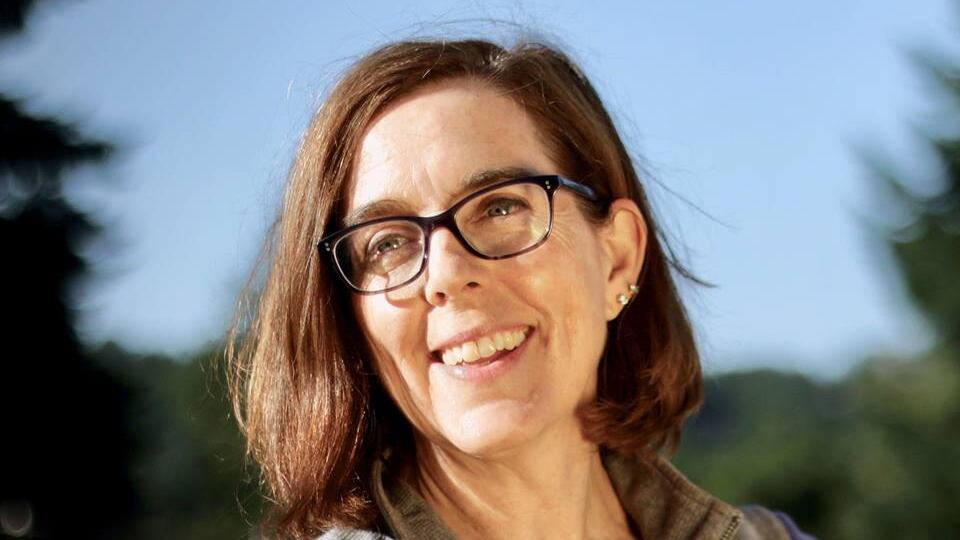Two of Oregon's highest environmental priorities are on a collision course.
Next month, Democratic lawmakers will introduce ambitious "cap and invest" legislation aimed at taxing carbon emissions in order to reduce them.
But Oregon Gov. Kate Brown has another priority: salmon. In a long-running federal lawsuit in Portland, Brown pushed to increase the number of endangered salmon in the Columbia River by spilling more water over the tops of Bonneville Power Association dams.
But when water goes over dams, it bypasses power-generating turbines, which can leave public utilities across Oregon short of power. To compensate, the utilities will turn to fossil fuels. That runs counter to the carbon-reduction legislation that is a Democratic priority.
In Nov. 17 comments on the proposed carbon legislation, publicly owned Oregon utilities highlighted the policy conflict, which they say could cause the emission of up to 840,000 additional tons of carbon dioxide annually. That's about a 4 percent increase in utility emissions, when the state lags far behind its carbon reduction goals.
"We are concerned that the state continues to press for outcomes that will result in increased hydro spill that clearly will increase greenhouse gas emissions with no apparent or clear benefit to Endangered Species Act-listed fish," the utilities wrote in a Nov. 17 letter. "It is time for Oregon to reconcile this matter."
A spokesman for Brown says the governor's priorities can be made to work together. "It's a false premise that Oregon cannot have healthy fish habitats and clean air at the same time," Bryan Hockaday says.
But here's how the policies could play out:
Gov. Brown wants the Bonneville Power Administration to spill more water over Columbia River dams to benefit endangered salmon.

But utilities say spilling more water over the dams can reduce the supply of cheap hydropower.

To make up for the lost electricity, utilities say, would require burning natural gas and coal, producing significant amounts of carbon dioxide annually.

That could offset much of the carbon reduction Democrats seek with cap and invest legislation.


